Keywords: St Patrick
There are more than 200 results, only the first 200 are displayed here.
-
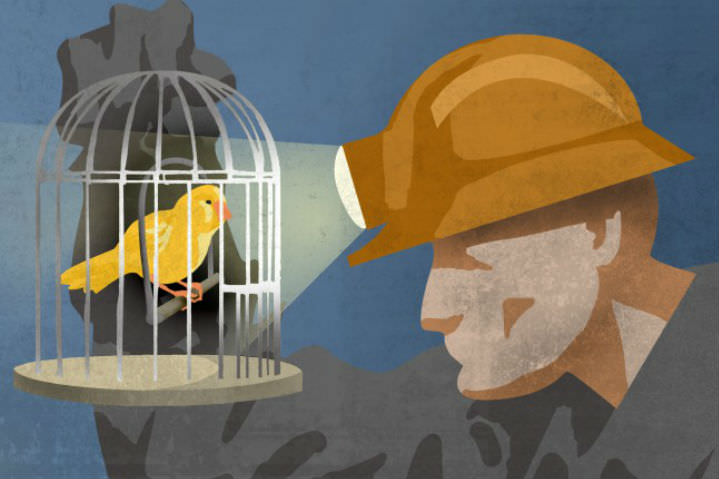
INTERNATIONAL
- Rachel Woodlock
- 14 November 2017
7 Comments
These lone-wolf terrorists are more like miners' canaries. Whether it is a paranoid loner, an enraged ideologue, a jihadist or a white supremacist, they are screaming out at the top of their lungs that something is terribly wrong.
READ MORE 
-
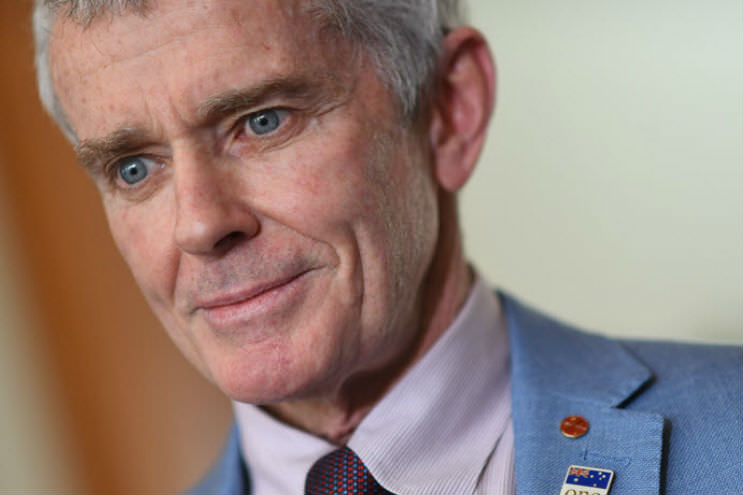
AUSTRALIA
- Celeste Liddle
- 13 November 2017
11 Comments
It seemed enough for many 'progressives' that the majority of the people who had fallen by the dual citizenship wayside were Coalition members, with the added bonus of Malcolm Roberts. I began to wonder why what is essentially an issue of racism and discrimination was not considered a priority for those who state they believe in social justice.
READ MORE 
-
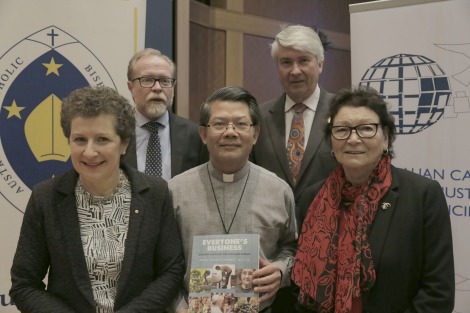
RELIGION
- Frank Brennan
- 11 September 2017
2 Comments
The real call of Everyone's Business is to move beyond them and us to admitting that there is only us. If we are truly to build an inclusive and sustainable economy, it can't be just those in full time paid employment who are part of that economy. We take seriously the principles of neo-liberalism, letting the market decide. But we set limits on the market for the common good.
READ MORE
-

RELIGION
- Frank Brennan
- 30 August 2017
6 Comments
'There was one controversy in which Lionel Bowen was involved that does provide good lessons for the contemporary Catholic considering the desirable law or social policy on a contested issue - lessons for the citizen weighing what is for the common good. Back in 1979 there was debate in the Parliament on a motion which was framed to stop Medicare funding of abortions. Bowen, a strict Catholic, was strongly opposed to the motion. He did not think the motion was about abortion. He thought it was about money.' Frank Brennan's 2017 Lionel Bowen Lecture
READ MORE
-
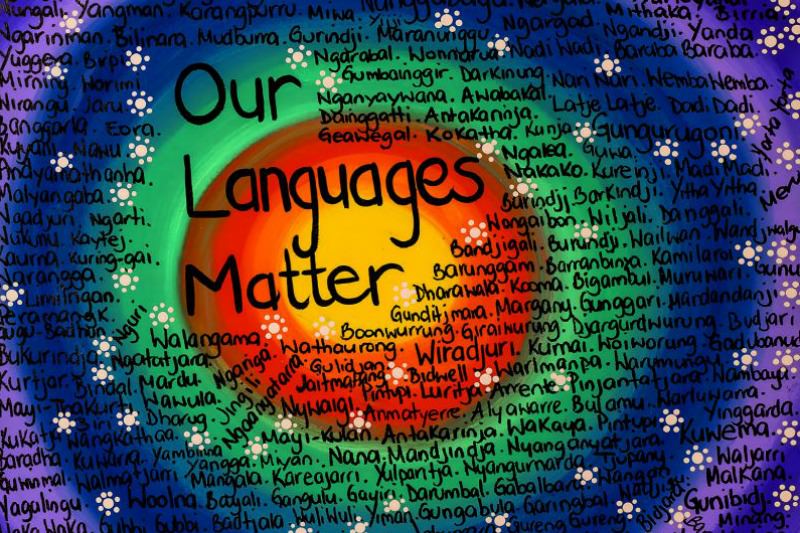
AUSTRALIA
- Frank Brennan
- 04 July 2017
6 Comments
It is no disrespect to those Aborigines and Torres Strait Islanders gathered at Uluru to say that now is the time for the report of the Referendum Council to be scrutinised by our national politicians, and that our elected leaders should pay special heed to the observations of those Indigenous members of the federal parliament who have offered considered reflections on the way forward. In particular, our elected representatives should have regard to the views of Patrick Dodson who is now Bill Shorten's Shadow Assistant Minister for Indigenous Affairs and Aboriginal and Torres Strait Islanders.
READ MORE 
-

AUSTRALIA
- Frank Brennan
- 31 May 2017
6 Comments
Indigenous leaders this last week have called for the creation of two new legal entities. They want a First Nations Voice enshrined in the Constitution, and a Makarrata Commission set up by legislation. The Makarrata Commission would supervise agreement making between governments and First Nations and engage in truth telling about history. The envisaged destination is a national Makarrata (or treaty). So the immediate constitutional issue is the creation of the First Nations Voice. There is no point in proceeding with a referendum on a question which fails to win the approval of Indigenous Australia. Neither is there any point in proceeding with a referendum which is unlikely to win the approval of the voting public.
READ MORE
-

RELIGION
- Frank Brennan
- 15 May 2017
The reconciliation of this vertical relationship is possible only through the mediation of Jesus who embodies, lives and dies the reality of this reconciliation. He puts us right with our God and thereby establishes the basis for right relationship with each other. In many countries such as Australia, Timor Leste and South Africa, the public rhetoric and programs for reconciliation have, at least in part, been informed and underpinned by this theological perspective.
READ MORE
-
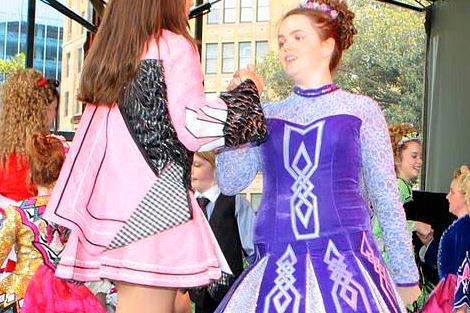
RELIGION
- Francine Crimmins
- 16 March 2017
8 Comments
My grandfather told me Patrick was a saint because he drove the frogs and snakes out of Ireland. He also told me if I stepped in a fairy ring while we were on our walks I'd disappear forever. So naturally as I grew older, I became skeptical. Each year in my family St Patrick's Day has marked a survival of Irish culture in Australia. Sometimes this can be in subtle ways and sometimes it means singing at the top of our lungs, enjoying a drink and having a dance.
READ MORE 
-

RELIGION
- Frank Brennan
- 17 February 2017
3 Comments
The commission's forensic scrutiny of past actions of church officials in no way constitutes an interference with the freedom of religion. Its spotlight is to be welcomed, provided only that it is shone on a truly representative sample of all institutions which have been found wanting and provided the same light filter is applied to all institutions. I do however have a problem with the commission making findings on issues like the want of compassion when those findings are made only against a Church.
READ MORE
-

ARTS AND CULTURE
- Tony London
- 13 February 2017
6 Comments
The chimneys of various shapes and sizes on the priest's houses next door, have not spumed since the winter, and in and around St Patrick's things like that might seem symbolic. Will fires ever be lit there again - lest the people speak - the ribbons spliced up and down the wrought iron railings, rattle in the brisk autumn breeze, telling stories of love, suffering and endless disharmony, broken trust, send messages to those in the passing traffic ... better the devil you don't know ...
READ MORE 
-
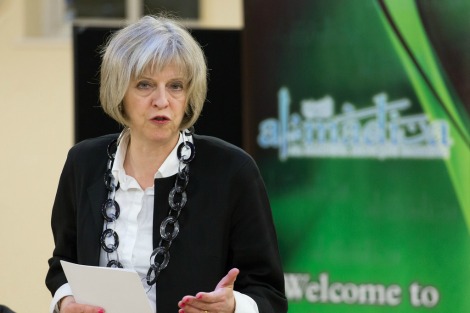
INTERNATIONAL
- Daniel Read
- 12 December 2016
7 Comments
The British Prime Minister is many things. Depending on which side of the political spectrum you're on, she's either a trailblazing female politician set on reclaiming Britain's independent role in Europe, or just another callous, career orientated Conservative ill-suited to the challenges at hand. One quality she does appear to possess, however, is a degree of honesty, particularly when it comes to Britain's controversial take on human rights and foreign trade. Or does she?
READ MORE 
-
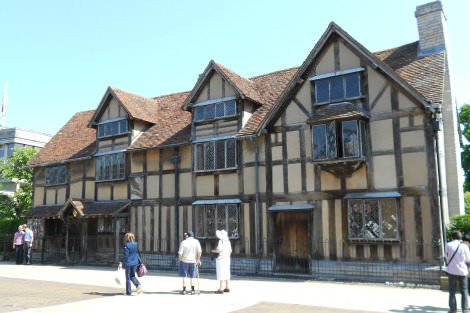
INTERNATIONAL
- Patrick McCabe
- 29 November 2016
3 Comments
Someone I read in high school, so probably Shakespeare, once said 'The past is a foreign country, they do things differently there.' Well, whoever it was clearly hadn't been to Stratford-upon-Avon (so maybe not Shakespeare then). Here, you truly can visit the past, without a passport. As one peruses the shops, houses, supermarkets and ATMs, one cannot help but speculate as to the links between Shakespeare's works and what must have been the commonplaces of his everyday life.
READ MORE 